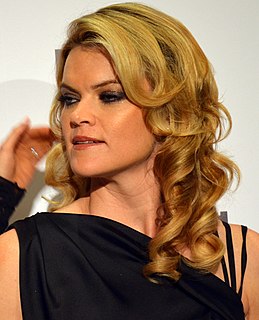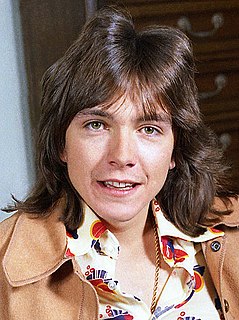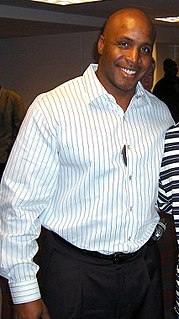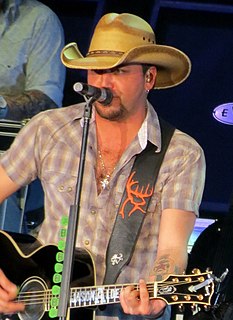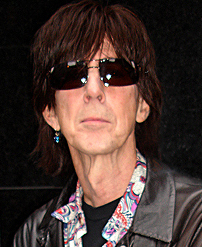A Quote by Roger McGuinn
The wonderful thing about having your songs on the radio is that people are going to go out to your concerts and buy your merchandise and that sort of thing, and it feels good to get that level of name recognition.
Related Quotes
I think Brexit's going to be a wonderful thing for Britain. I think when it irons out, you're gonna have your own identity and you're going to have the people that you want in your country and you're going to be able to make free trade deals without having somebody watching you and what you're doing.
It's what is strange about doing a job that is also the thing you love, the thing you feel passionate about. People get to the point where they're burned out and disillusioned by the whole thing because when things aren't going well at work it also means they aren't going well in your heart, in your soul. They're all wrapped up together.
Funny thing, your brain, how it always functions on one level or another. How, even stuck in some sort of subconcious limbo, it works your lungs, your muscle twitches, your heart, in fact, in symphony with your heart, allowing it to feel love. Pain. Jealousy. Guilt. I wonder if it’s the same for people, lost in comas. Is there really such a thing
The thing about living in Los Angeles and doing a lot of movies is that you get to go to a lot of premieres, and, regardless of whether or not you're a celebrity, you still get to walk down the red carpet and then have everyone sort of screaming your name. The pictures never get printed anywhere, but they are nonetheless taking your picture.
That's what is so great about being able to record a 13-song album. You can do a very eclectic group of songs. You do have some almost pop songs in there, but you do have your traditional country, story songs. You have your ballads, your happy songs, your sad songs, your love songs, and your feisty songs.
I'm a Christian. I'm committed to Jesus Christ and I want people to know about Christ, because it's the most wonderful thing. People can say, 'I'll try and give up drugs,' or 'I'll try and live a better life,' but actually, if you're trapped in that lifestyle, you need, I think, some supernatural power to get you out of it. It's not easy to get out of the kind of lifestyles those people are in where all your family are criminals and all your friends are criminals - that is not an easy break to make, and it is a hard thing for a lot of these people.
Family's the one thing you can't change. You can cover yourself with tattoos. You can get a grapefruit-sized ring going through your earlobe. You can change your name. You can move to a different continent. But you cannot change who your parents were, and who your siblings are, and who your children are.
The best thing you can do for a song is to hear it on the radio and to imagine what it could mean to you and then kinda forget the words. Just imagine how you felt when you heard it, if it was one of your songs. If it became one of your songs. If it meant whatever it meant for you and as soon as you see the visual, you get a rapid eye movement relationship with the song instead of an imaginative one. I think that can be dangerous because I don't think I'd want to be listening to a song on the radio and thinking about the video. Whatever that one interpretation was
I wrote 'Turn Your Radio On' in 1937, and it was published in 1938. At this time radio was relatively new to the rural people, especially gospel music programs. I had become alert to the necessity of creating song titles, themes, and plots, and frequently people would call me and say, 'Turn your radio on, Albert, they're singing one of your songs on such-and-such a station.' It finally dawned on me to use their quote, 'Turn your radio on,' as a theme for a religious originated song, and this was the beginning of 'Turn Your Radio On' as we know it.
You may get an emotional thrill when you first buy something, but emotions are fickle. You buy that one thing you think will complete your happiness, but after awhile the feeling goes away and you have to go to the next thing. You just keep going from purchase to purchase looking for the one thing that will finally satisfy. But stuff can't satisfy.





